From Homeland to Inventor: Bob Green and The BobTail
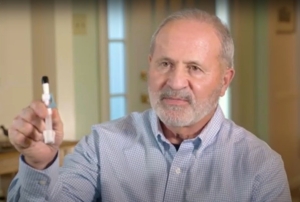
Homeland HomeHealth nurse LuAnn Randall explains that the goal for any home care patient is universal: To fully return to their normal daily activities to the greatest extent possible. When Bob Green entered LuAnn’s care, that was his goal too. But Bob’s personal experience with his condition inspired another goal – that of helping others – which led to an invention, which is aptly known as The BobTailTM.
The Journey Begins
Bob’s story and the origin of The BobTail began on February 3, 2021, when he received a life-altering diagnosis: bladder cancer.
Like so many bladder cancer patients, Bob found emptying his urostomy bag awkward. A urostomy bag collects urine when the bladder is removed or bypassed. It needs to be pulled out from under the user’s clothing to be emptied, whether standing or sitting. Users must hold the bag with one hand while removing a plug or opening a valve to drain the contents. After Bob’s surgery, he was fitted with a urostomy bag and realized there had to be a simpler, more efficient way to manage the process of draining fluid from the bag.
“Bob felt stifled by the leakage and odor when emptying his pouch, especially in public restrooms or places outside of his home,” LuAnn recalls.
An Innovative Solution
Using his knack for tinkering, he developed The BobTail—a connector designed to seamlessly attach most ostomy bags to a bottle, enabling effortless fluid drainage into a receptacle like a toilet or another container. The simple yet effective device is beneficial for many users, including the elderly and those who might find traditional methods for draining more challenging. After creating an initial prototype, Bob shared it with his medical team. Their enthusiastic response gave him the confidence to pursue the idea further. Over the last two and a half years, Bob has refined his product, ultimately securing multiple patents.
“I didn’t invent this to make money,” Bob says. “I made it to help myself and now help others.”
Coming Together
Creating The BobTail was not without its challenges. Bob needed a valve that didn’t leak and was easy to operate, even for individuals with arthritis. After a long search, he found the perfect match — the Ugo Catheter Valve. With the valve in hand, Bob and his team set to work designing and refining The BobTail. Their efforts resulted in a product now manufactured in Pittsburgh, PA and assembled in Camp Hill, PA.
The BobTail is designed to be durable and user-friendly. Each connector is made using 3D printing technology and is intended to last for two weeks before needing replacement. Users can wash the connector with soap and water, ensuring it remains clean and hygienic. The product is suitable for both men and women and can be used in various settings, offering users a discreet and convenient solution.
“Seeing Bob’s success in inventing The BobTail makes me smile,” LuAnn says. “His story is such an awesome example of how Homeland walks alongside our patients to educate and instruct them in their disease process, and how those same patients move forward to make the world better for others.”
Support and Advocacy
Throughout his journey, Bob has remained committed to supporting others facing similar challenges. He’s been open about his experience, hoping to be a beacon of hope for those navigating the complexities of bladder cancer. His advocacy extends beyond the product itself. Bob also serves as a Survivor-to-Survivor Advocate for the Bladder Cancer Advocacy Network (BCAN) and is a member of the executive committee for the Penn State Hershey Hospital Bladder Cancer Support Group.
Additionally, Bob has showcased The BobTail to health care professionals at the Wound, Ostomy, and Continence Nurses (WOCN) conference, receiving an overwhelmingly positive response that reinforced his belief that The BobTail can make a real difference.
“I view The BobTail not just as a practical tool, but as a symbol of resilience for those who use it,” Bob says.
Bob hopes his story will inspire others facing similar challenges, demonstrating that even in difficult times, it’s possible to create something meaningful.
“It’s been quite a ride,” Bob says reflecting on his journey. And with The BobTail, that ride is far from over.

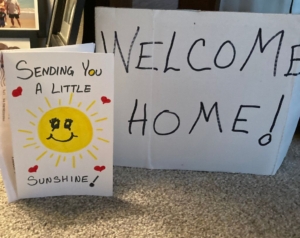 couples pledge on their wedding day. These words become the most sacred of promises during challenging times.
couples pledge on their wedding day. These words become the most sacred of promises during challenging times.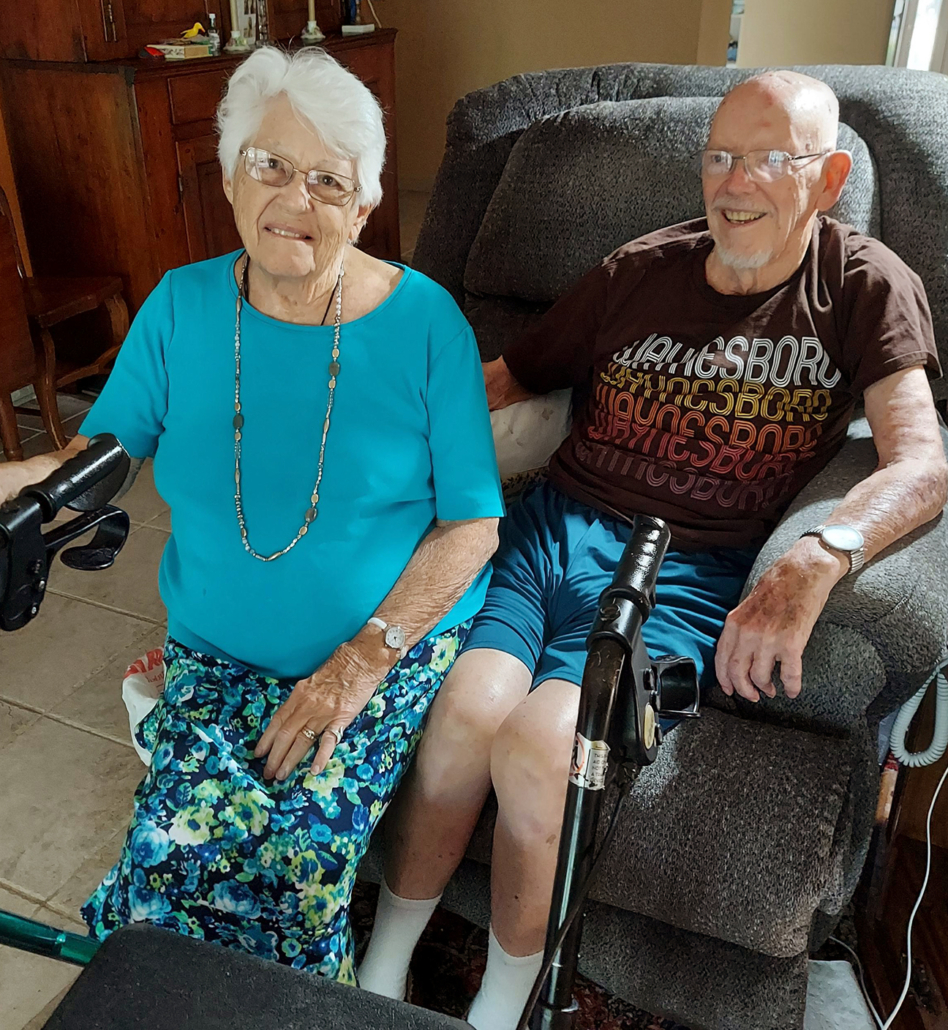 Carol and Joe Moomaw of Mechanicsburg have known and loved each other all of their lives. As children they played together with Joe often pulling Carol’s ponytail to get her attention. The couple dated throughout high school with each going their separate ways after graduation. Some years later, Carol and Joe reunited and married after a six-week courtship. Through their friendship, love and respect for one another, they have created a steadfast bond to sustain life’s challenges. Two years ago, Joe was diagnosed with Lewy body dementia and is receiving services from Homeland Hospice, a hospice program that serves communities throughout Central Pennsylvania
Carol and Joe Moomaw of Mechanicsburg have known and loved each other all of their lives. As children they played together with Joe often pulling Carol’s ponytail to get her attention. The couple dated throughout high school with each going their separate ways after graduation. Some years later, Carol and Joe reunited and married after a six-week courtship. Through their friendship, love and respect for one another, they have created a steadfast bond to sustain life’s challenges. Two years ago, Joe was diagnosed with Lewy body dementia and is receiving services from Homeland Hospice, a hospice program that serves communities throughout Central Pennsylvania Bravery and honor are words reserved for the select few who have risked their lives in service of our country. For United States Air Force and Navy veteran Donald McClarren of Boiling Springs these are the words he lived by during his time as a Prisoner of War in North Korea. A humble and soft-spoken man, Donald may dismiss the word hero to describe him, but he is all of this and more to those who know and served with him.
Bravery and honor are words reserved for the select few who have risked their lives in service of our country. For United States Air Force and Navy veteran Donald McClarren of Boiling Springs these are the words he lived by during his time as a Prisoner of War in North Korea. A humble and soft-spoken man, Donald may dismiss the word hero to describe him, but he is all of this and more to those who know and served with him.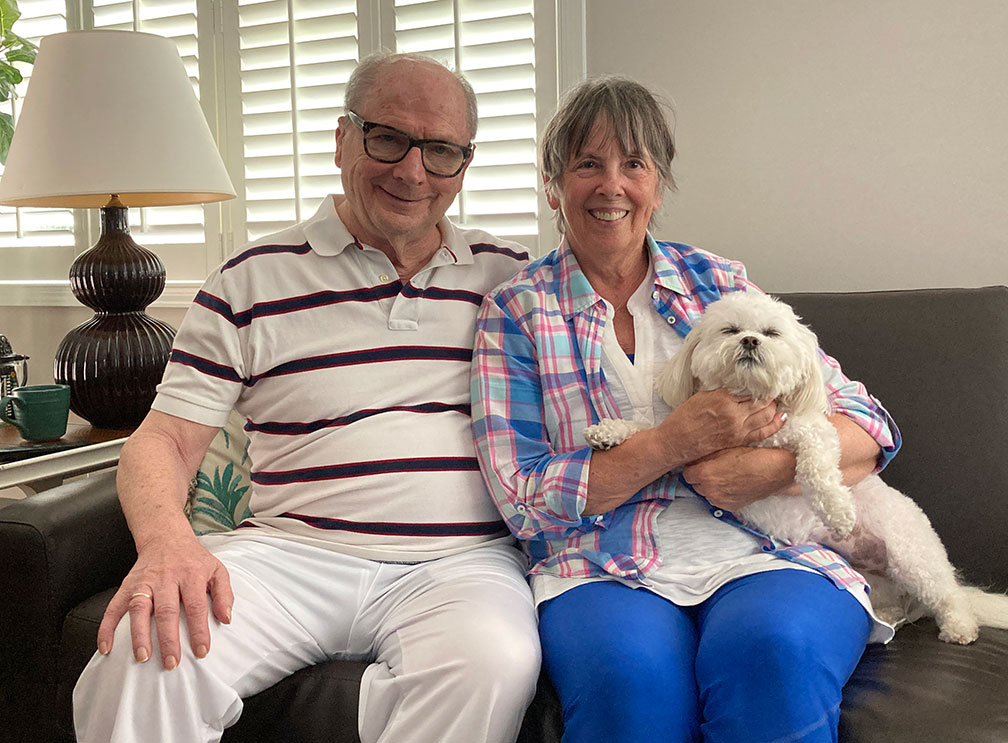
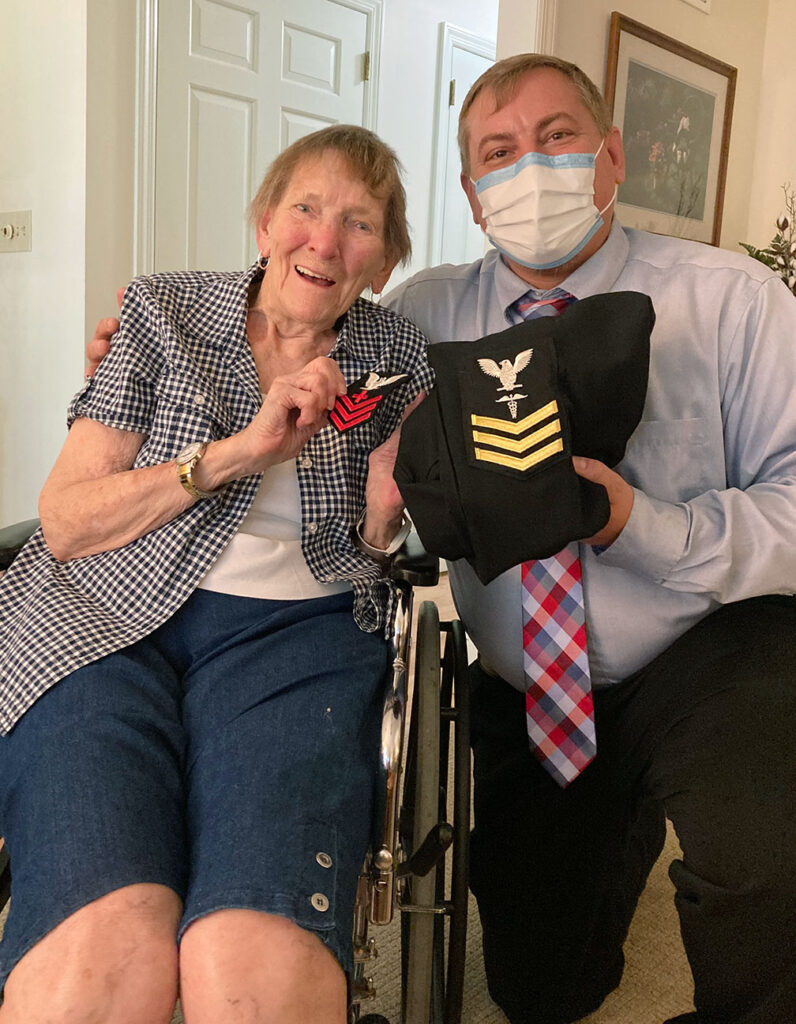 A remarkable life is not given. It is earned through service above oneself and demonstrations of courage and compassion in extraordinary times. Anna Weinfurter’s journey began in Montana and took her across the country while serving in the United States Navy during World War II. While her uniform has been retired for decades, she continues to embody valor, honor and kindness.
A remarkable life is not given. It is earned through service above oneself and demonstrations of courage and compassion in extraordinary times. Anna Weinfurter’s journey began in Montana and took her across the country while serving in the United States Navy during World War II. While her uniform has been retired for decades, she continues to embody valor, honor and kindness.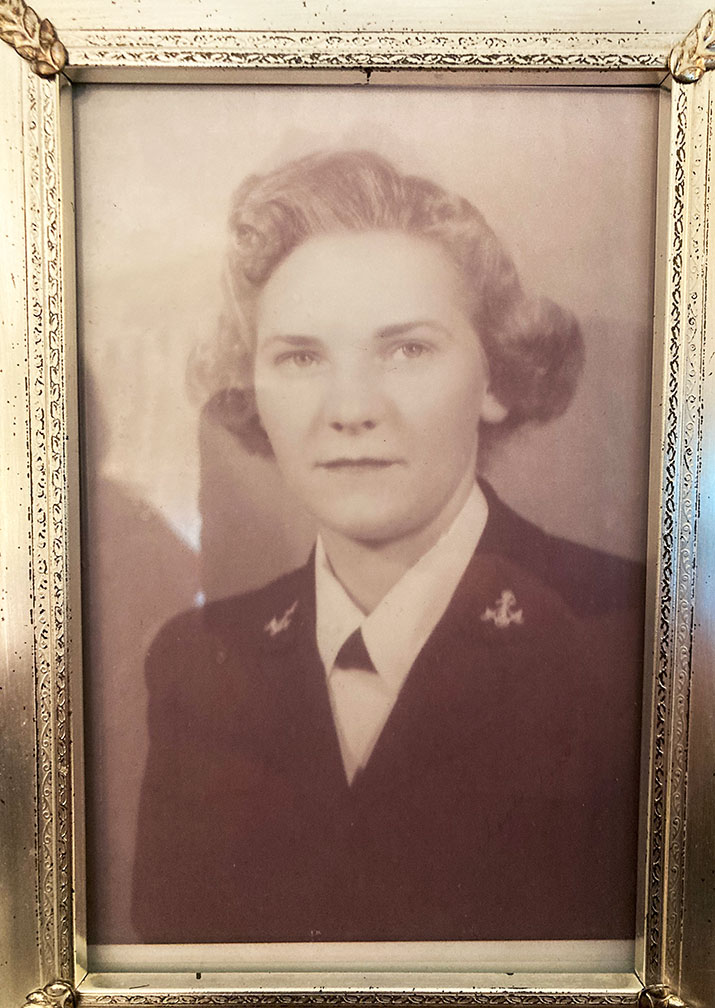 Anna left the family farm for the first time in her life to report for duty in Seattle, Washington in the spring of 1942. She was assigned to Hunter’s College in New York City to complete basic training. Anna and her fellow soldiers traveled by “troop train” from Seattle to New York. A troop train solely transported military personnel. At the time, soldiers were segregated by rank and gender. During the day, Anna completed physical exercises, which included running alongside the train. At night, the train continued its journey to New York while the soldiers slept.
Anna left the family farm for the first time in her life to report for duty in Seattle, Washington in the spring of 1942. She was assigned to Hunter’s College in New York City to complete basic training. Anna and her fellow soldiers traveled by “troop train” from Seattle to New York. A troop train solely transported military personnel. At the time, soldiers were segregated by rank and gender. During the day, Anna completed physical exercises, which included running alongside the train. At night, the train continued its journey to New York while the soldiers slept.
